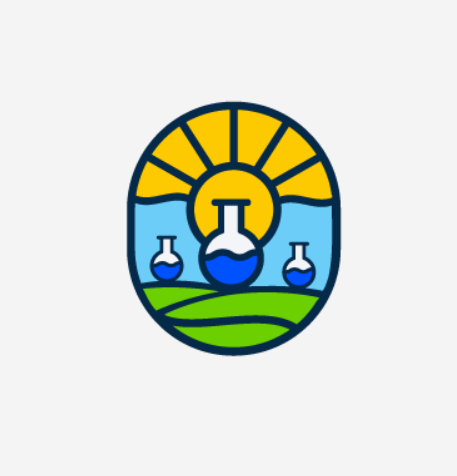Bridging the Gap: Green Chemistry Innovation and Education Workshop

Event Description
Hosted by the NYS Pollution Prevention Institute and Beyond Benign, this one-day workshop will bring together industry professionals, K-12 educators, and higher education faculty and staff, and will facilitate conversation and collaboration for applying green chemistry practices across all levels. The event is free to attend.
Agenda
8:30 – 9:00 a.m. Light Breakfast
9:00 – 9:15 a.m. Welcome Remarks, Beyond Benign
9:15 – 10:00 a.m. John Warner, John Warner Institute; Golisano Institute for Sustainability, RIT
10:00 – 10:30 a.m. Connecting K-12, Higher Ed & Industry: Engaging multiple levels of education, Sarah Briggs, Program Manager, NYSP2I
10:30 – 10:45 a.m. Break
10:45 a.m. – 12:00 p.m. GCCoP Panel
12:00 – 1:00 p.m. Lunch
1:00 – 1:10 p.m. Afternoon Orientation
1:15 – 2:30 p.m. Breakout Sessions: Short presentation and hands-on activities
2:30 – 2:45 p.m. Break
2:45 – 4:00 p.m. Breakout Sessions: Short presentation and hands-on activities
Teaching: Audience – High school and higher education general chemistry and organic courses
Research: Audience – Higher education and industry
Service: Audience – Middle school teachers and higher education student groups
4:05 – 4:30 p.m. Closing and Debrief
4:30 – 5:00 p.m. Networking
Rochester, NY
United States








